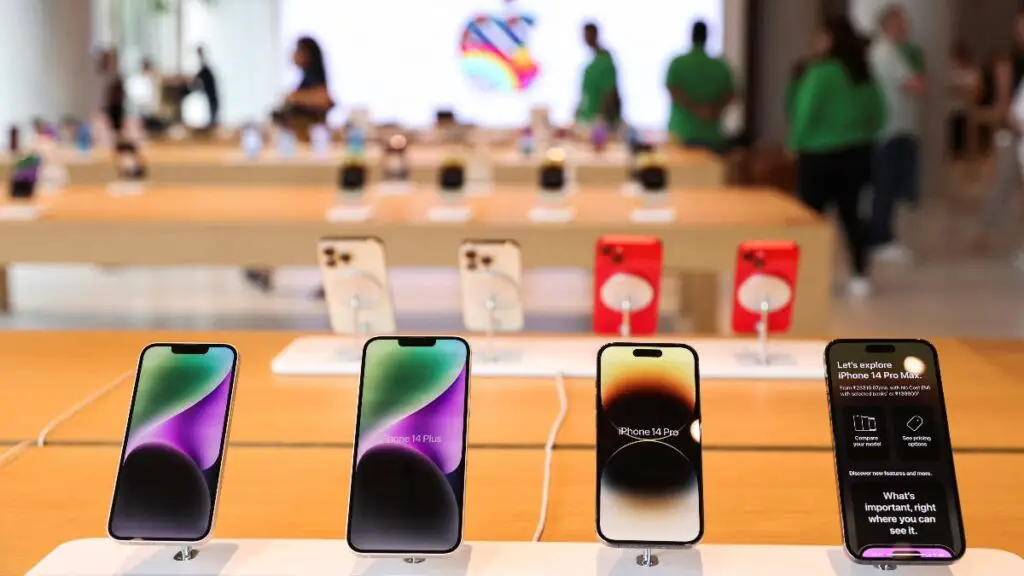Apple Lobbying Indian Government to Avoid Need for Universal Charging Ports
In a recent government meeting, Apple raised concerns over India’s plan to implement a European Union rule that would require smartphones to have a universal USB-C charging port. While other manufacturers, including Samsung, have agreed to the plan, Apple has pushed back, citing potential obstacles in meeting local production targets.
Apple’s Position
During a closed-door meeting chaired by India’s IT ministry, Apple requested an exemption for existing iPhone models from the requirement, citing potential challenges in meeting production targets set under India’s production-linked incentive (PLI) scheme. The company emphasized that implementing the regulation on earlier models would impact its ability to meet the targets.
Challenges Faced by Apple
According to the meeting minutes seen by Reuters, Apple did not quantify the production impact but emphasized the need for a review and decision on its request. The company’s lobbying efforts in India, particularly on this matter, are being reported for the first time.
Apple’s Argument
Apple’s long-standing use of a unique lightning connector port on its iPhones has been a point of contention. The EU estimates that a single charger solution would save consumers a significant amount and reduce e-waste, aligning with India’s objectives. However, Apple has emphasized that the design of earlier products cannot be changed.
Market Share in India
India is seen as Apple’s next growth frontier after China. Renowned Apple analyst Ming-Chi Kuo has estimated that a significant portion of iPhone production will be from India in the coming years. However, the company’s market share in India remains relatively modest compared to its global presence.
Impact on Consumers and Market
The push for a common charger on older iPhone models in India could potentially impact Apple’s targets, given the preference of price-conscious consumers for older models. The company’s fortunes in India have been primarily tied to older generation iPhones.
Compliance Timeline
The EU’s charging port rules are set to take effect in 2024, with India seeking compliance by 2025. Apple has indicated that it can meet this timeline if existing models are exempted, but will need additional time if they are not.
Conclusion
Apple has vocalized its concerns to Indian officials, expressing the need for a natural transition period in alignment with product design timelines. The decision on this matter will have implications for Apple’s operations in India and its ability to meet production targets.
As Apple continues its lobbying efforts, the company’s stance on the universal charging port requirement remains a topic of discussion and deliberation.
For more information on Apple’s latest products and review, tune in to Orbital, the Gadgets 360 podcast.
*Affiliate links may be automatically generated – see our ethics statement for details.*

